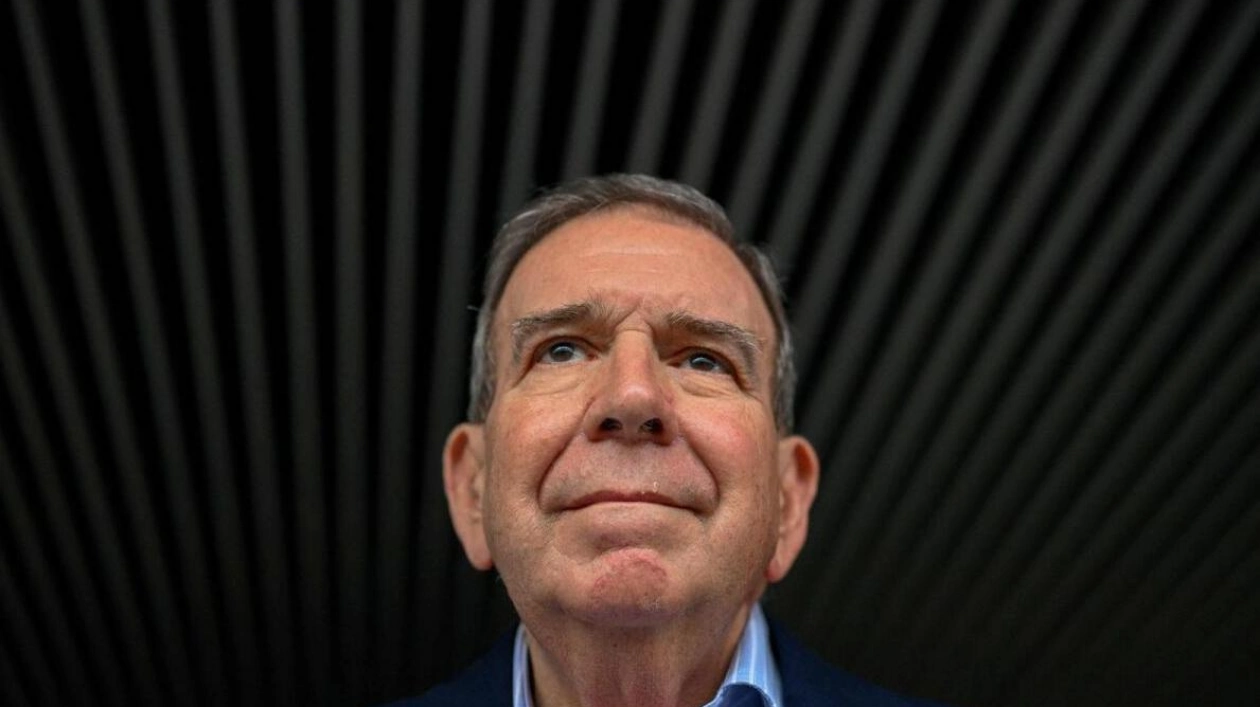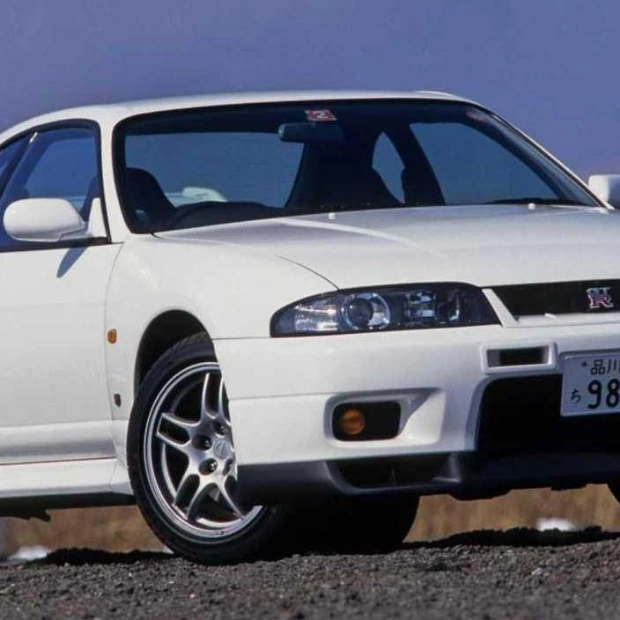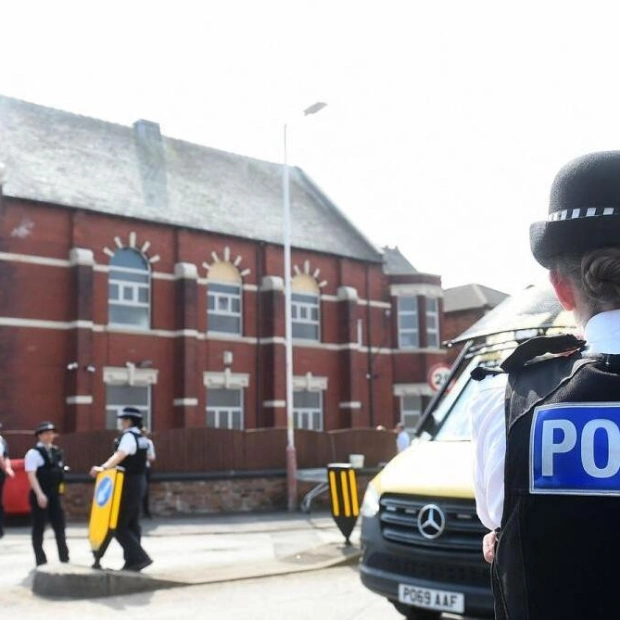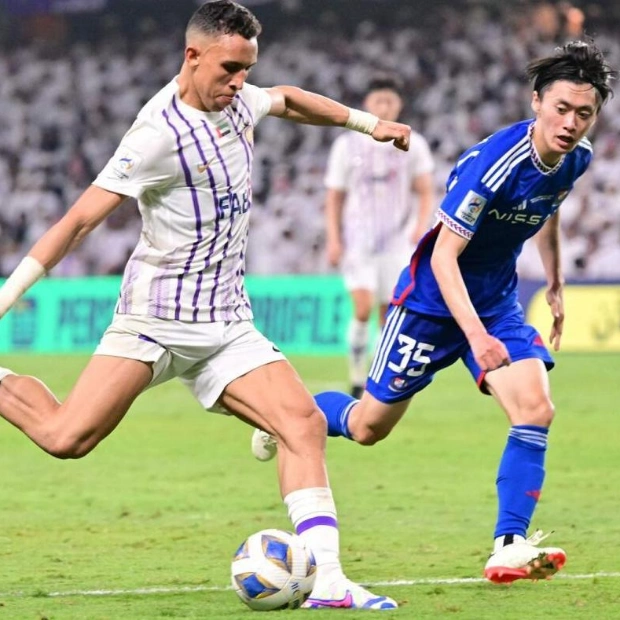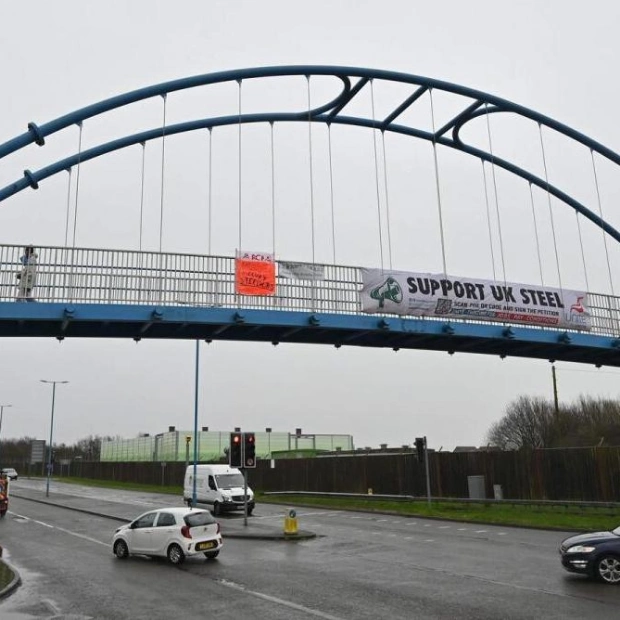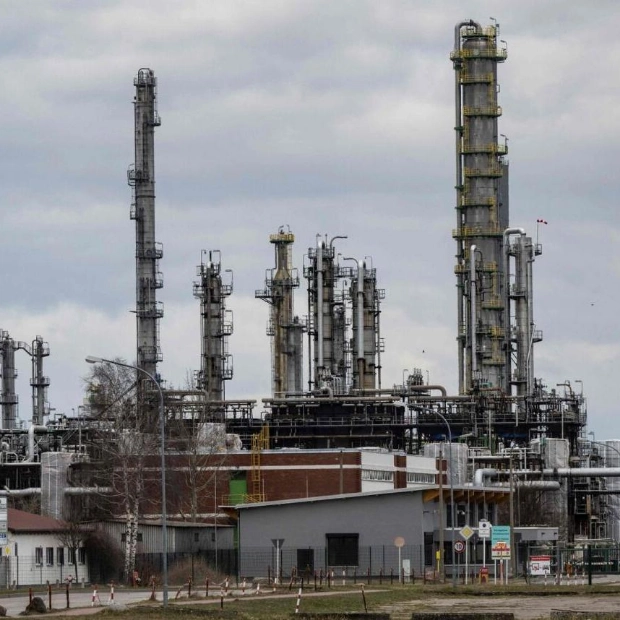Edmundo Gonzalez Urrutia, who maintains that he, not Venezuelan strongman Nicolas Maduro, is the legitimate elected leader, stated on Monday that he fled to Spain "so that things can change" and called for "dialogue". Gonzalez Urrutia arrived in Madrid late Sunday after weeks in hiding. The opposition claims it can prove he won the July 28 elections, in which Maduro, who has been in power in the oil-rich but cash-poor country since 2013, claimed a widely disputed victory.
"I decided to leave Venezuela... so that things can change and so we can build a new stage for Venezuela," the 75-year-old wrote in a letter addressed to Venezuelans posted on social network X, before adding that "only the policy of dialogue will enable us to reunite as compatriots". "It is a gesture that reaches out to everyone and I hope that as such it will be reciprocated," he said. "I have taken this decision thinking of Venezuela and that our destiny as a country cannot, must not, be that of a conflict of pain and suffering."
Shortly after arriving on a military plane with his spouse, Gonzalez Urrutia's press team distributed an audio message in which he pledged to "continue the fight to achieve freedom and the recovery of democracy in Venezuela". Spanish Foreign Minister Jose Manuel Albares told radio Onda Cero earlier on Monday that Madrid would grant Gonzalez Urrutia asylum, stating he is "better off in Spain" than in hiding or in jail in Venezuela.
Sources close to Gonzalez Urrutia said he will not speak publicly or grant media interviews until he is received by Albares and Spanish Prime Minister Pedro Sanchez, who are both on an official visit to China. The meeting could take place on Thursday, the sources said. Gonzalez Urrutia left because "his life was in danger," according to Venezuelan opposition leader Maria Corina Machado, who cited a "brutal wave of repression". Gonzalez Urrutia had replaced Machado on the ballot at the last minute after she was prevented from running by institutions loyal to Maduro, accused by observers of human rights violations.
Venezuela's regime-loyal CNE electoral authority declared Maduro the election winner, but the opposition cried foul. Much of the international community has refused to accept the result. Authorities issued an arrest warrant for Gonzalez Urrutia, whom Maduro has said belongs behind bars along with Machado. She remains in hiding, save for leading a handful of anti-Maduro protests since the disputed vote. Gonzalez Urrutia left Venezuela after ignoring three successive summons to appear before prosecutors, arguing that he risked his freedom.
Machado said on X that "the increasing threats, subpoenas, arrest warrants and even attempts at blackmail and coercion against (Gonzalez Urrutia) show that the regime has no scruples or limits". "Faced with this brutal reality, it is necessary for our cause to preserve his freedom, his integrity and his life," she added. Venezuela's vice president Delcy Rodriguez said on social media that Caracas had agreed to the safe passage of Gonzalez Urrutia, who had taken "refuge voluntarily at the Spanish embassy in Caracas a few days ago".
Attorney General Tarek William Saab told journalists Gonzalez Urrutia's departure marked the close of a piece of "farcical theater... fatefully named 'To the End'", referring to the opposition's post-election fightback slogan. He did not say whether the investigation against the opposition figure was now closed. US Secretary of State Antony Blinken said Gonzalez Urrutia "remains the best hope for democracy" in Venezuela. Saab had opened an investigation against Gonzalez Urrutia for crimes related to his insistence that he was the rightful victor of the July poll.
Charges include usurpation of public functions, forgery of a public document, incitement to disobedience, sabotage and association with organised crime. He risks a jail sentence of 30 years. The charges stem from the opposition's decision to publish its own tally of polling station-level ballots cast, which it says showed Gonzalez Urrutia winning about two-thirds of votes. Venezuela's electoral authority has said it cannot provide a breakdown of the election results, blaming a cyber attack on its systems. Observers have said there is no evidence of such hacking.
Post-election violence in Venezuela has claimed 27 lives and left 192 people injured, while the government says it has arrested some 2,400 people. After Venezuela's last election, in 2018, Maduro also claimed victory amid widespread accusations of fraud. With the support of the military and other institutions, he managed to cling to power despite international sanctions. Maduro's rule has seen GDP drop 80 percent in a decade, prompting more than seven million of the country's 30 million citizens to flee.
